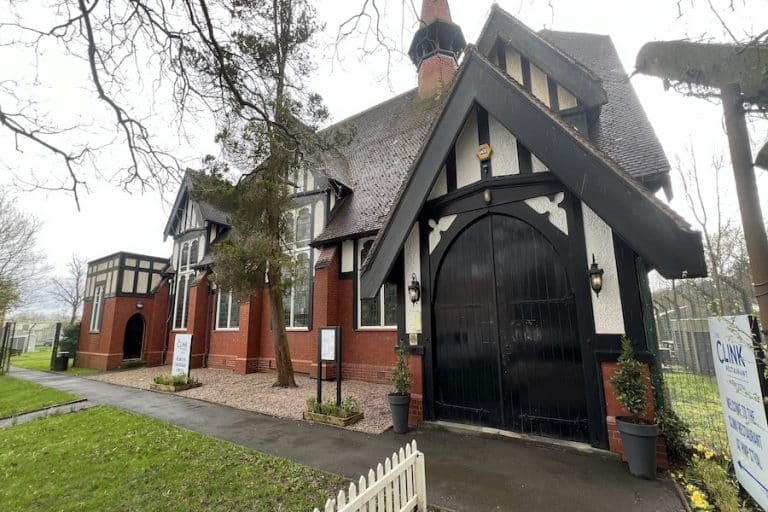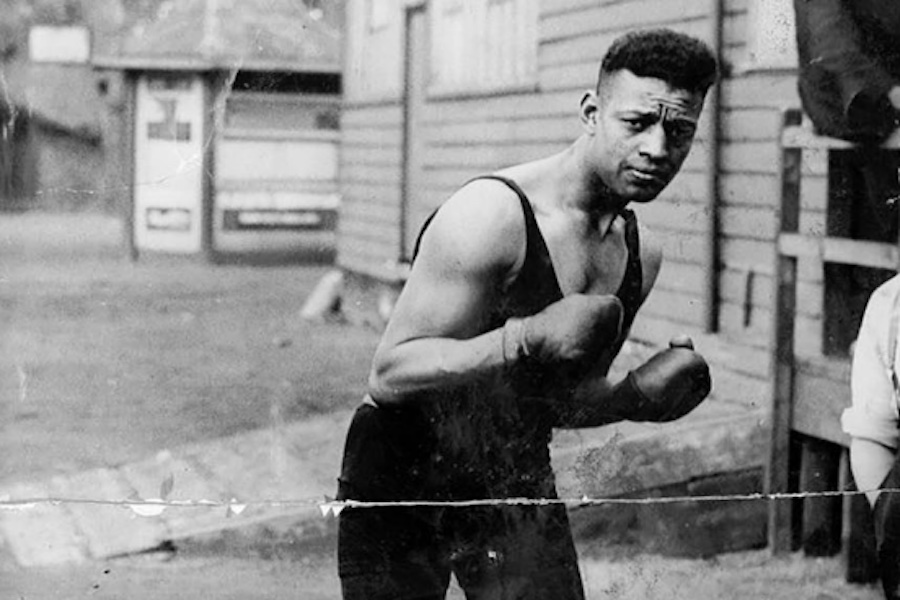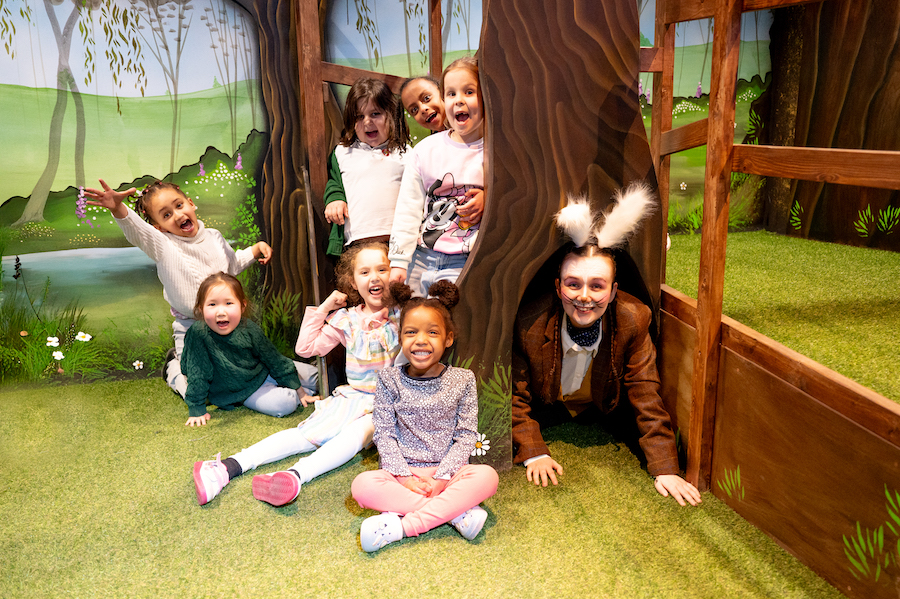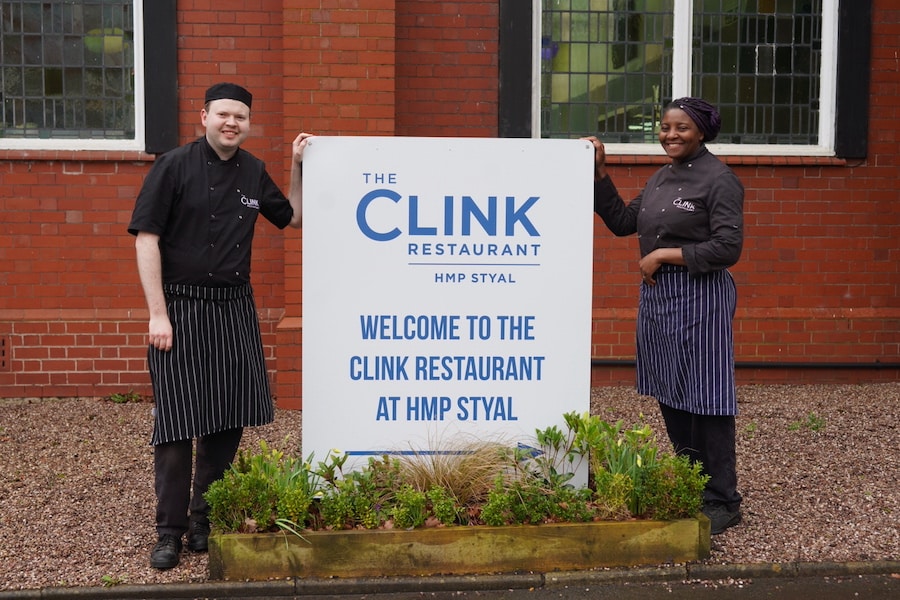Friedrich Engels and Karl Marx: conversations that changed history at Chetham’s Library
- Written by Thom Bamford
- Last updated 1 year ago
- City of Manchester, Featured, History
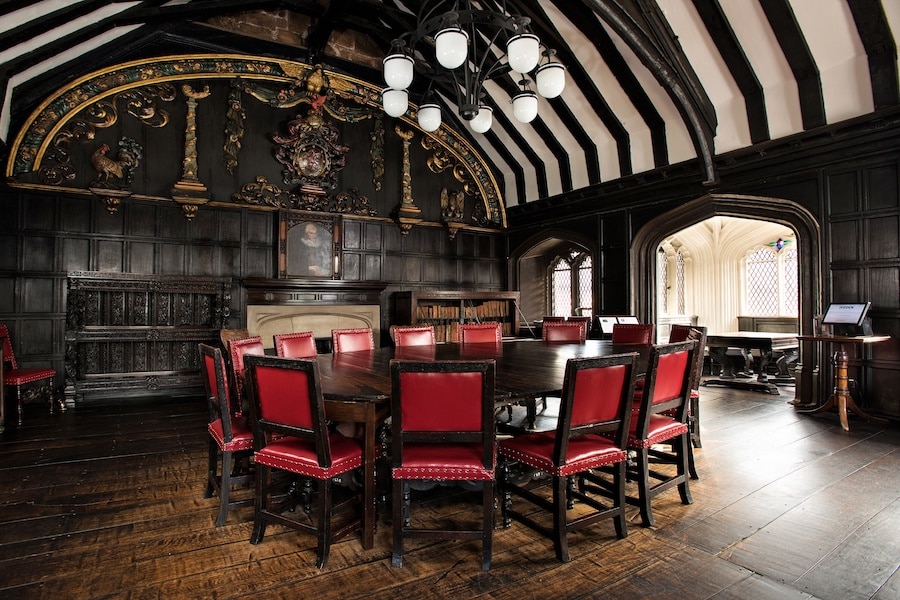
The philosopher Friedrich Engels (born 28 Nov 1820) lived in Manchester in the early 1840s and was employed by his father’s cotton thread manufacturing firm in Weaste.
A statue of Friedrich Engels is installed at Tony Wilson Place, First Street in the summer of 2017.
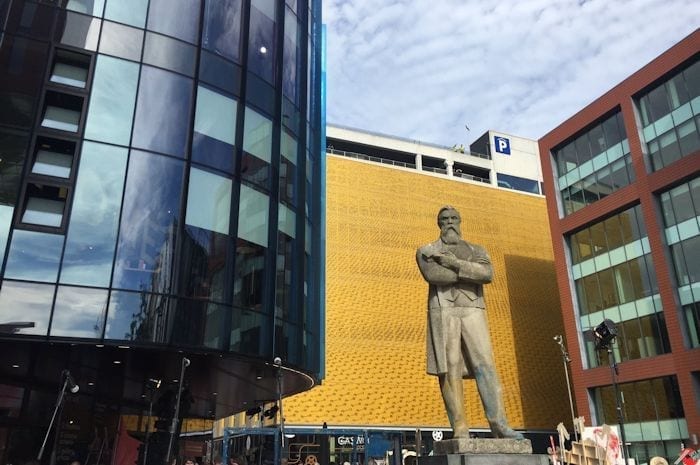
First constructed in the 1970s, the statue was originally installed in a village in Ukrainian SSR.
In 2015 Ukraine passed a series of laws that outlawed the public display of Soviet symbols, and the statue was consequently removed from its original position and discarded in a field, having been cut in half at the waist
Exploring Engels’ Manchester years and activism
The entrepreneur, philosopher and social critic lived in the “shock city” of Manchester for over 20 years.
But what did Engles have to do with Manchester?
In December 1842, Friedrich Engels arrived in Manchester to take up a position at the central office of the family enterprise, Ermen & Engels, located in Weaste.
His father had dispatched him to the city with the intention of tempering his radical beliefs, but this proved unsuccessful.
On the contrary, Engels deepened his commitment to his convictions.
While engaged in daytime responsibilities as a cotton merchant, Engels dedicated his evenings to exploring the destitute alleys of Irish Town (currently known as Angel Meadow), uncovering instances of harm, injustice, and social disparity.
During his time in Manchester, Engels made many detailed observations leading to the publication of his influential work The Condition of the Working Class in England.
Engels and Karl Marx collaboration
Karl Marx, who lived in London, was a frequent visitor to Manchester, and in the summer of 1845, he and Engels developed the habit of studying together at the table in the alcove of the Reading Room at Chetham’s Library.
Engels’ Role in the Industrial Revolution
Friedrich Engels played a significant role in the Industrial Revolution through his observations, writings, and activism.
Engels, along with Karl Marx, authored “The Communist Manifesto” in 1848, which addressed the social and economic conditions brought about by industrialisation.
In his seminal work, “The Condition of the Working Class in England,” published in 1845, Engels provided a detailed and critical analysis of the harsh living and working conditions experienced by the proletariat during the Industrial Revolution.
Legacy of Friedrich Engels in modern political discourse
Engels’ role extended beyond theoretical contributions; he actively participated in and documented the struggles of the working class. Working at his father’s textile factory in Manchester, Engels gained firsthand experience of the exploitation and hardships faced by industrial workers.
His writings aimed to expose the injustices of the capitalist system and advocate for the rights of the working class.
Chetham Library
The Library made a strong impression on the two men.
Established in 1653, Chetham’s Library boasts oak-panelled rooms, labyrinthine bookshelves, medieval architectural charm, concealed passageways, and a secluded courtyard, creating an ambience reminiscent of a setting from a Harry Potter film.
Positioned in close proximity to the AO Arena and Manchester Cathedral, the library was commissioned by the affluent banker, textile merchant, and landowner Humphrey Chetham as an integral part of a school for underprivileged boys.
Presently renowned for its music classes, the library serves as a captivating blend of historical and educational elements.
Dating back to its inception, the collection at Chetham’s Library encompasses a diverse array of historiographical books, artistic works, and religious texts, comprising over 100,000 volumes of printed books, with the majority published prior to 1851.
Noteworthy among these are the first editions of seminal works such as Isaac Newton’s Principia Mathematica and John Milton’s Paradise Lost.
Writing to Marx many years later in 1870 Engels commented: “During the last few days I have again spent a good deal of time sitting at the four-sided desk in the alcove where we sat together twenty-four years ago.
“I am very fond of the place. The stained-glass window ensures that the weather is always fine there.
“Old Jones, the Librarian, is still alive but he is very old and no longer active. I have not seen him on this occasion”.
Apart from the stained-glass windows, which were damaged by a storm in the winter of 1875 and replaced by plain glass, the desk and alcove remain in the Library unaltered and can be visited today.
The books which the two men studied are also still cared for by the Library.
Other famous visitors to Chetham’s Library include Daniel Defoe and Benjamin Franklin.
The building, furniture, artworks, and collections of Chetham’s Library are designated as having national and international significance by Arts Council and it is an accredited museum.
For nearly three decades, Friedrich Engels intermittently resided in Manchester.
During this period, Karl Marx made several visits, staying at 70 Great Ducie Street in close proximity to Strangeways prison, a residence that no longer stands. Engels occupied various addresses across Manchester over the years.
In the 1860s, his dwellings included 6 Thorncliffe Grove, 25 Dover St, and 58 Dover Street, all situated in Chorlton-on-Medlock and now long gone.
Engels deliberately left an elusive trail, driven by caution against the potential pursuit of the German authorities, facilitated through the British secret service
The buildings which house Chetham’s Library is the most complete medieval site to survive in the north of England.
You can book a tour of the historic library by clicking here
- This article was last updated 1 year ago.
- It was first published on 23 November 2023 and is subject to be updated from time to time. Please refresh or return to see the latest version.
Did we miss something? Let us know: press@ilovemanchester.com
Want to be the first to receive all the latest news stories, what’s on and events from the heart of Manchester? Sign up here.
Manchester is a successful city, but many people suffer. I Love Manchester helps raise awareness and funds to help improve the lives and prospects of people across Greater Manchester – and we can’t do it without your help. So please support us with what you can so we can continue to spread the love. Thank you in advance!
An email you’ll love. Subscribe to our newsletter to get the latest news stories delivered direct to your inbox.
Got a story worth sharing?
What’s the story? We are all ears when it comes to positive news and inspiring stories. You can send story ideas to press@ilovemanchester.com
While we can’t guarantee to publish everything, we will always consider any enquiry or idea that promotes:
- Independent new openings
- Human interest
- Not-for-profit organisations
- Community Interest Companies (CiCs) and projects
- Charities and charitable initiatives
- Affordability and offers saving people over 20%
For anything else, don’t hesitate to get in touch with us about advertorials (from £350+VAT) and advertising opportunities: advertise@ilovemanchester.com
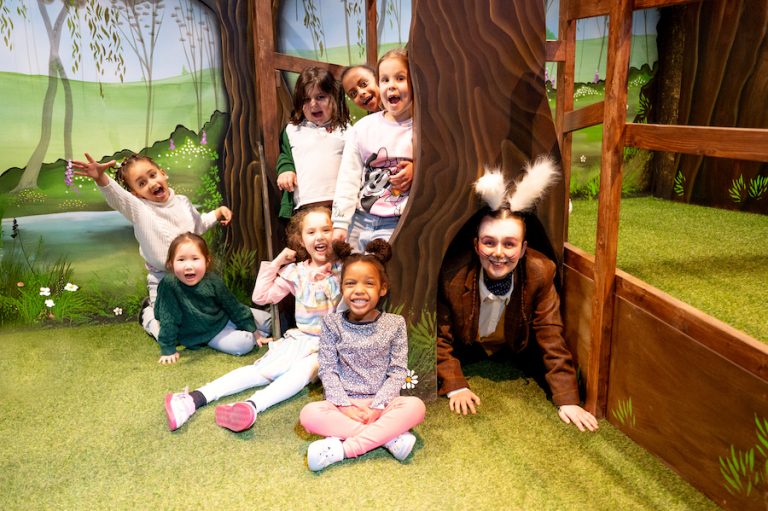
Head down the rabbit hole for Adventures in Wonderland with Z-arts

Major rail investment set to transform Manchester-Leeds commutes

“His presence will be deeply missed” Children’s hospice bids farewell to their visionary CEO

Has Gordon Ramsay created Manchester’s ultimate bottomless brunch?

The Clink celebrates ten years of empowerment and second chances
